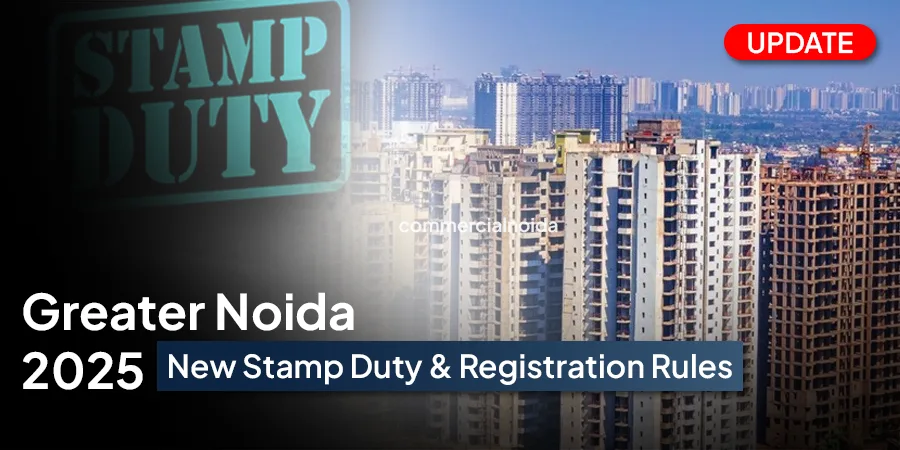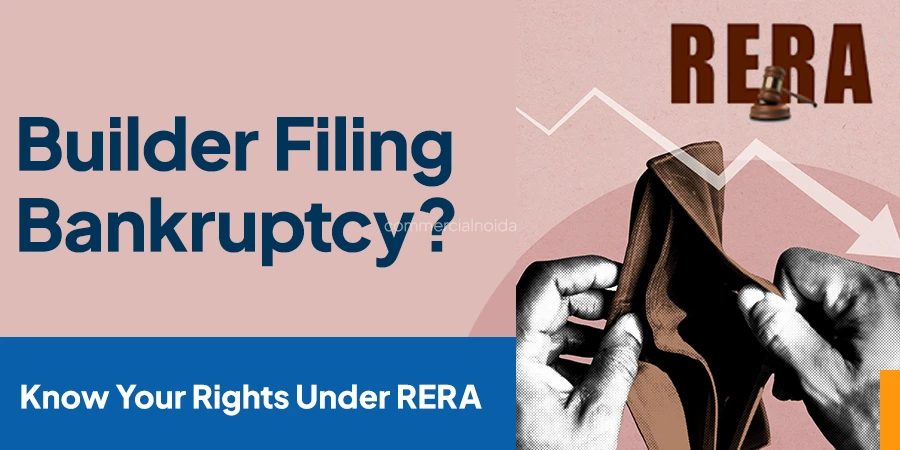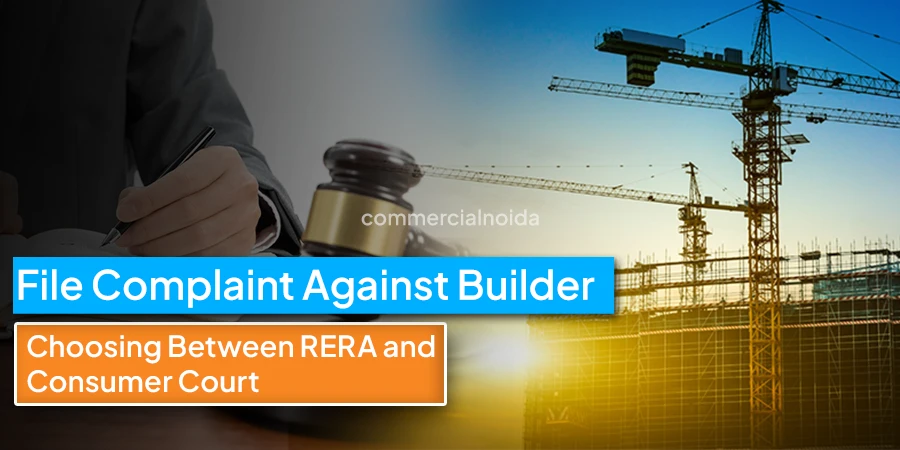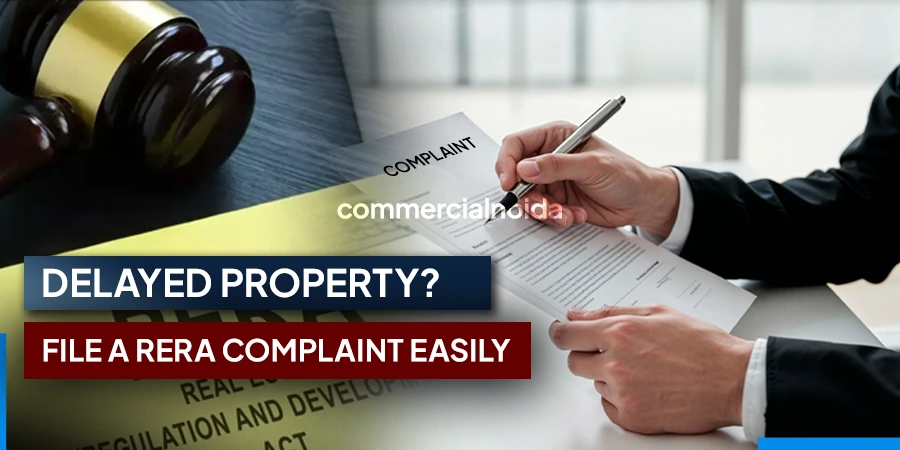Do you need to RERA register your property? See Exemptions

The real estate sector was highly unregulated before the RERA Act was established in 2016. Many homebuyers and investors faced delays and fraud; now, RERA has brought transparency and quick conflict resolution. However, not every property is required to be registered under the RERA ACT 2016.
As RERA incorporates complex legal proceedings, financial restrictions, and strict rules, knowing exemptions will help you avoid complicated RERA constraints and enjoy the convenience of constructing and selling your property according to your timeline.
This blog will clarify what projects fall outside the jurisdiction of the RERA Act, 2016, and what your legal obligations are.
RERA is applicable to which projects?
To register your property under RERA, it has to meet certain requirements. The following is the eligibility criterion.
Area of the land: The commercial or residential property area must not exceed 500 sq. meters. This area includes the entire land area, and not just the carpet or built-up area of the unit.
The following has to be included:
• Areas used for the construction
• Common areas
• Open spaces within the project boundary
• Driveways and circulation areas
• Utility areas
Number of Apartments: If the number of apartments in the property exceeds 8 units, then it becomes mandatory to register the property under RERA. This means chambers, showrooms, shops, godowns, suites, or tenements are considered. Including all the units irrespective of what they are called should be 8 or fewer in number.
Which projects are not required to be registered under RERA?
If your property falls under one of the following conditions, you do not need to register it under the RERA Act. Let’s see what the exemptions are:
1. Completion Certificate Date
If the property received its completion certificate before May 1, 2017, then you are not required to register it under the RERA as per Section 3(1) of the Act. The act was established in the year 2016, and all the unregistered projects were given time to acquire Completion Certificates(CC), or else they would fall under the purview of the act.
2. Use of the Project
If your property is meant for self-use, either for residence or conducting business of one organisation (office space, warehouses, staff quarters for your company, manufacturing unit, etc.), you don't have to register it under RERA. Although in the future, if you advertise or sell any unit, you will have to register your property.
3. Nature of Construction
Registration under RERA is also dependent on the nature of construction. If your property was completed before May 2017, is not registered under RERA, but you are making upgrades, renovations, or repairs, you will not have to register under RERA. This is applicable under the condition that no additional buyers are going to be a part of the project.
Although if you add a new unit to a pre-existing property, you will have to register the new dwelling even if it was a pre-RERA project.
4. Resale of property
If you have a pre-RERA property, and as an individual (not a developer), you plan to sell it, then you do not have to register your property. This is only applicable in the resale of flats and not the sale of fresh(newly constructed) flats.
5. Unsold Inventory after RERA
The registration is not dependent on the sale status of a unit. If a developer has an unsold unit but it has received a timely Completion Certificate before May 1, 2017, there is no need to register that property. This could mean that a new construction property could still be sold if it was completed pre-RERA.
Is your investment safe if it's not registered under RERA?
For investments that do not fall under the purview of the RERA Act, 2016, because it is pre-RERA or simply not eligible, your property would fall under a different set of regulations and timelines.
This does not mean that your investment is unsafe; you will be protected under the Consumer Protection Act and the NCDRC( National Consumer Disputes Redressal Commission). Your complaints and future grievances might need longer to be resolved.
In summary, the current RERA exemptions provide flexibility for small projects, self-use properties, and pre-RERA units too. Knowing about these exemptions helps you comply with the existing laws without any consequences or penalties. If your property is out of RERA’s jurisdiction, there are alternative acts that provide a safety net to your property buying or selling process.





































































































































.webp)

































































































.webp)
















































































.webp)
































































































